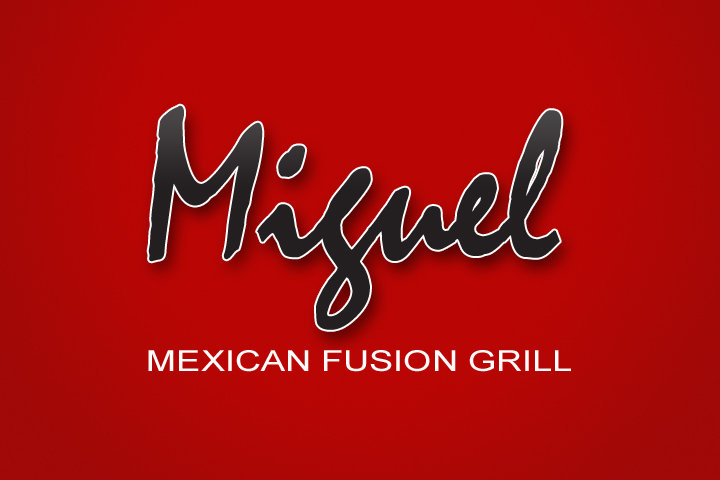Fort Wayne, Indiana – An intellectual property attorney for J & J Sports Productions, Inc. of 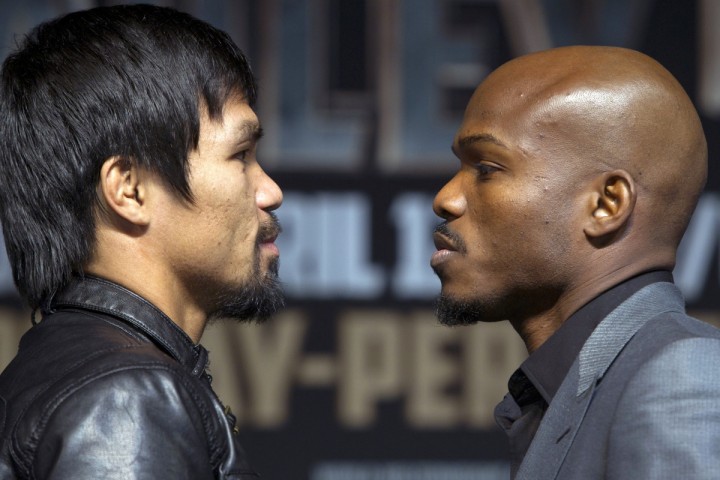 Campbell, California has sued in the Northern District of Indiana alleging that Wesley Yeakle individually and d/b/a Yeakle’s Sports Bar and Grill; and Yeakle’s Sports Bar and Grill, Inc. d/b/a Yeakles Sports Bar and Grill, both of Marion, Indiana, illegally intercepted and televised Manny Pacquiao v. Timothy Bradley WBO Welterweight Championship Fight Program (the “Program”), which was telecast nationwide on Saturday, June 9, 2012.
Campbell, California has sued in the Northern District of Indiana alleging that Wesley Yeakle individually and d/b/a Yeakle’s Sports Bar and Grill; and Yeakle’s Sports Bar and Grill, Inc. d/b/a Yeakles Sports Bar and Grill, both of Marion, Indiana, illegally intercepted and televised Manny Pacquiao v. Timothy Bradley WBO Welterweight Championship Fight Program (the “Program”), which was telecast nationwide on Saturday, June 9, 2012.
J & J Sports states that it is the exclusive domestic commercial distributor of the Program. It has sued Yeakle’s Sports Bar and Grill, Inc., as well as Wesley Yeakle as an individual, under the Communications Act of 1934 and The Cable & Television Consumer Protection and Competition Act of 1992.
Specifically, Defendants have been accused of violating 47 U.S.C. § 605 and 47 U.S.C. § 553 by displaying the Program without a commercial license on the day of its broadcast. Regarding the claim under 47 U.S.C. § 605, the complaint alleges that with “full knowledge that the Program was not to be intercepted, received, published, divulged, displayed, and/or exhibited by commercial entities unauthorized to do so, each and every one of the above named Defendants . . . did unlawfully intercept, receive, publish, divulge, display, and/or exhibit the Program” for the purpose of commercial advantage and/or private financial gain.
A count of conversion is also included in the complaint. It asserts that Defendants’ acts were “willful, malicious, egregious, and intentionally designed to harm Plaintiff J & J Sports” and that, as a result of being deprived of their commercial license fee, J & J Sports suffered “severe economic distress and great financial loss.”
In addition to naming the separate legal entity, Yeakle’s Sports Bar and Grill, Inc., which apparently owns the restaurant, Plaintiff has also sued Yeakle alleging that he had the right and ability to supervise the activities of the establishment. J & J Sports asserts that the activities that he supervised included the unlawful interception of Plaintiff’s program. J & J Sports contends that Yeakle specifically directed the employees of Yeakle’s Sports Bar and Grill to unlawfully intercept and broadcast Plaintiff’s program at Yeakle’s Sports Bar and Grill or, if he did not, that the actions of the employees of Yeakle’s Sports Bar and Grill are directly imputable to Yeakle by virtue of his purported responsibility for the activities of the restaurant.
Yeakle has also been named individually as a result of J & J Sports’ contention that he is a managing member of Yeakle’s Sports Bar and Grill, Inc. J & J Sports further asserts that Yeakle, as an individual specifically identified on the liquor license for Yeakle’s Sports Bar and Grill, had an obvious and direct financial interest in the activities of Yeakle’s Sports Bar and Grill.
In the complaint, the intellectual property lawyer for J & J Sports listed the following counts and requests for redress:
• Count I: Violation of Title 47 U.S.C. § 605. For this count, J & J Sports requests (a) statutory damages for each willful violation in an amount to $100,000.00 pursuant to Title 47 U.S.C. 605(e)(3)(C)(ii), and (b) the recovery of full costs, including reasonable attorneys’ fees, pursuant to Title 47 U.S.C. § 605(e)(3)(B)(iii).
• Count II: Violation of Title 47 U.S.C. § 553. For this count, J & J Sports asks the court for (a) statutory damages for each violation in an amount to $10,000.00 pursuant to Title 47 U.S.C. § 553(c)(3)(A)(ii); (b) statutory damages for each willful violation in an amount to $50,000.00 pursuant to Title 47 U.S.C. § 553(c)(3)(B); (c) the recovery of full costs pursuant to Title 47 U.S.C. § 553 (c)(2)(C); and (d) and in the discretion of the court, reasonable attorneys’ fees, pursuant to Title 47 U.S.C. § 553 (c)(2)(C).
• Count III: Conversion. For this count, the court is requested to order both compensatory and punitive damages from Defendants as the result of the Defendants’ allegedly egregious conduct, theft, and conversion of the program and deliberate injury to J & J Sports.
Practice Tip #1: A recent complaint filed by a different intellectual property attorney for J & J Sports deviated from the standard format of J & J Sports’ complaints. The standard format, as is demonstrated in this complaint, includes a count of conversion. It also asserts Counts I and II as additive. However, the other complaint omitted the count of conversion and listed Counts I and II in the alternative. It will be interesting to see whether the differences between these pleadings results in different rulings by the Northern District of Indiana.
Practice Tip #2: J & J Sports has sued two entities: a legal entity which appears to be incorporated and an individual who is apparently an owner of that company. While corporations are intended to limit the liability of the principals, they are not always successful in doing so. Where a principal is personally involved in certain types of illegal activity, legal mechanisms (such as a corporation or a limited liability company) that are designed to shield that individual from liability may fail to do so.
Practice Tip #3: J & J Sports is a frequent litigant. While the fight programs at issue in its intellectual property lawsuits vary, with few exceptions, the complaints are otherwise almost identical. As is sometimes also the case with others utilizing this template approach to drafting multiple similar complaints, this standardized method of litigation resulted in several errors in this complaint drafted for J & J Sports. For example, the date of the program over which this federal lawsuit was initiated is listed incorrectly at least four times (listed variously as “Saturday [sic], June 6, 2012,” “June 6, 2012″ and May 7, 2011.”)
 Indiana Intellectual Property Law News
Indiana Intellectual Property Law News


 California filed an intellectual property lawsuit in the
California filed an intellectual property lawsuit in the 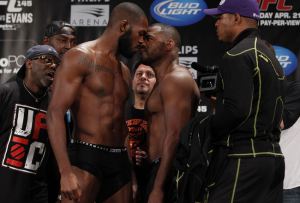 Feasterville, Pennsylvania sued in the
Feasterville, Pennsylvania sued in the 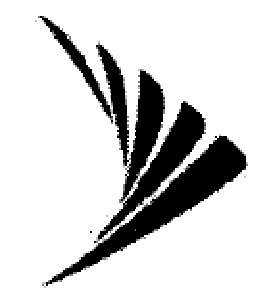 attorneys for
attorneys for 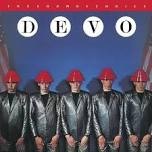
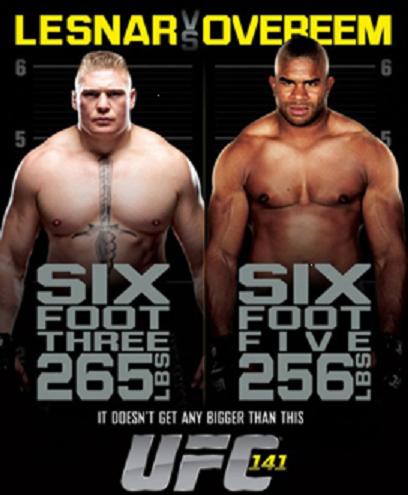 intercepted and televised the Ultimate Fighting Championship 141:Brock Lesnar v. Alistar Overeem (“the Program”).
intercepted and televised the Ultimate Fighting Championship 141:Brock Lesnar v. Alistar Overeem (“the Program”). J & J Sports states that it is the exclusive domestic commercial distributor of the Program. It has sued Geo-Joe, as well as Christine Kotsopoulos as an individual, under the Communications Act of 1934 and The Cable & Television Consumer Protection and Competition Act of 1992.
J & J Sports states that it is the exclusive domestic commercial distributor of the Program. It has sued Geo-Joe, as well as Christine Kotsopoulos as an individual, under the Communications Act of 1934 and The Cable & Television Consumer Protection and Competition Act of 1992. Institute’s Project Management Professional (“PMP”) examination and certification process. PMA states that Burch was one of its most-trusted PMP course instructors in the Washington, D.C. area and that, in connection with that position, PMA provided him with access to its proprietary manner of conducting its PMP-examination preparation courses. Moreover, PMA claims that it commissioned Burch and Graywood, Burch’s company, to draft and prepare as a “work for hire” certain training modules that would be for PMA’s exclusive use.
Institute’s Project Management Professional (“PMP”) examination and certification process. PMA states that Burch was one of its most-trusted PMP course instructors in the Washington, D.C. area and that, in connection with that position, PMA provided him with access to its proprietary manner of conducting its PMP-examination preparation courses. Moreover, PMA claims that it commissioned Burch and Graywood, Burch’s company, to draft and prepare as a “work for hire” certain training modules that would be for PMA’s exclusive use. 
